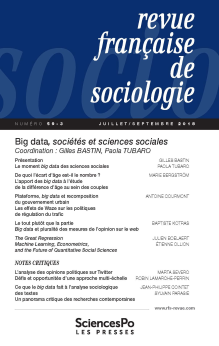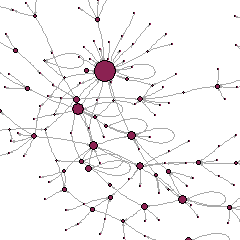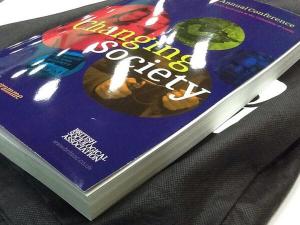Table ronde, Sciences Po Paris, 6 décembre 2018, 18h00

Pour que la recherche en sciences sociales puisse pleinement tirer profit des grandes bases de données numériques, un verrou reste à lever : l’accès à ces données est limité, inégalement distribué, et entouré d’un flou juridique et déontologique. Nous proposons d’en discuter à l’occasion de la parution du numéro spécial de la Revue Française de Sociologie sur “Big data, sociétés et sciences sociales” (n. 59/3). Cette table ronde réunit les chercheur.e.s avec d’autres parties prenantes publiques et
privées.
Avec :
- Garance Lefèvre, Policy senior associate, Uber
- Roxane Silberman, Conseillère scientifique, Centre d’Accès Sécurisé aux Données (CASD)
- Sophie Vulliet-Tavernier, Directrice des relations avec les publics et la recherche, Commission Nationale de l’Informatique et des Libertés (CNIL)
- Les auteurs du numéro spécial.
Modérateurs : Gilles Bastin (Univ. Grenoble Alpes) et Paola Tubaro (CNRS), coordinateurs du numéro spécial.
Entrée libre et gratuite, dans la limite des places disponibles: pour s’inscrire, cliquez ici.
Accès : Sciences Po, salle Goguel. Entrée par le 27 rue Saint-Guillaume, 75007 Paris (traverser le jardin et prendre l’ascenseur jusqu’au dernier étage). La table ronde est organisée par la Revue Française de Sociologie en collaboration avec les Presses de Sciences Po. Elle sera suivie d’un pot.


